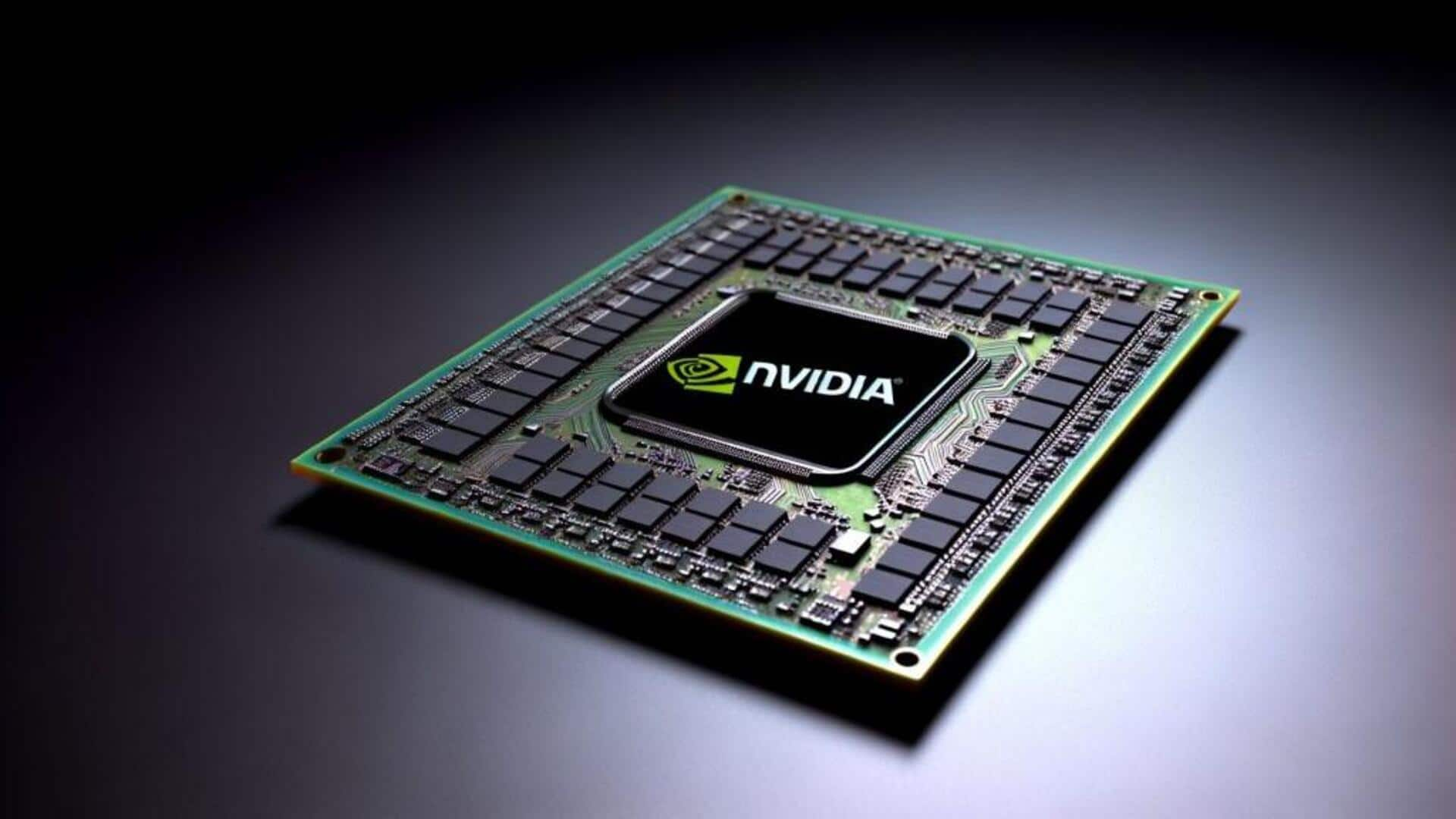
NVIDIA to investigate how China accessed its restricted AI chips
What's the story
The US Department of Commerce has asked leading tech giant NVIDIA to look into how its cutting-edge artificial intelligence (AI) chips made their way to China despite a strict export ban.
This comes amid the Biden administration's increased scrutiny of semiconductor exports to the rival nation.
The investigation centers on allegations of smuggling and possible misuse of NVIDIA's products integrated into servers from major distributors like Super Micro Computer and Dell Technologies.
Export restrictions
Concerns over regulatory adherence and compliance effectiveness
Over the last year, NVIDIA's AI chips have allegedly bypassed export restrictions, raising concerns over regulatory compliance and the efficacy of compliance measures.
The Department of Commerce has called on NVIDIA and its partners to step up inspections and impose stricter controls.
In light of these allegations, NVIDIA has asked distributors like Super Micro Computer and Dell Technologies to perform random customer audits in Southeast Asia.
Evasion strategies
Smuggling operations and evasion tactics
Despite heightened audits, some people engaged in smuggling operations have managed to escape detection during inspections.
Investigations found that some customers altered serial numbers on servers with NVIDIA chips to hide their origins, even changing OS details to escape attention.
Both Dell Technologies and Super Micro Computer have stressed their focus on compliance, warning that any breach of export rules could result in dire consequences including termination of business.
Smuggling methods
Smugglers' tactics and acquisition by Chinese institutes
Reportedly, smugglers have employed innovative methods like duplicating serial numbers from authorized servers and attaching them to unauthorized systems.
These tactics have allowed NVIDIA chips to enter regions banned by US regulations, including China.
Chinese universities and research institutes have allegedly obtained these chips through resellers, bypassing direct purchase restrictions.
This scenario underscores the challenges US regulators and companies face in enforcing semiconductor export bans.
Strategy
US government's strategy and export restrictions
The US government has steadily increased restrictions on semiconductor exports, targeting more than 140 companies this year alone.
High-end AI chips such as those manufactured by NVIDIA are at the center of these measures due to their potential military and technological applications.
As US-China tensions rise, this case highlights the challenges of enforcing export controls in an interconnected global supply chain.